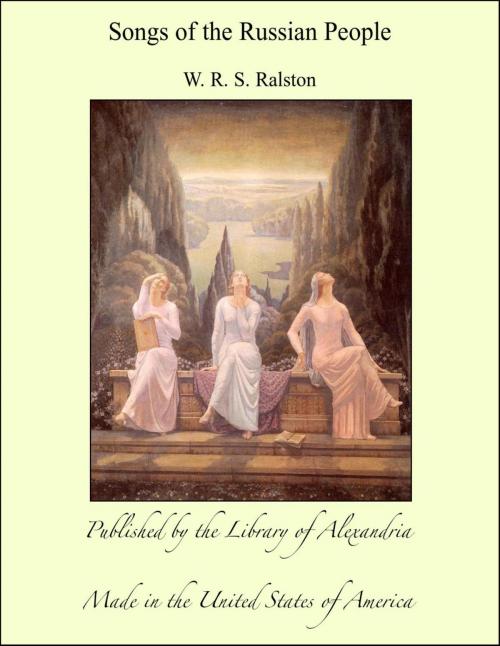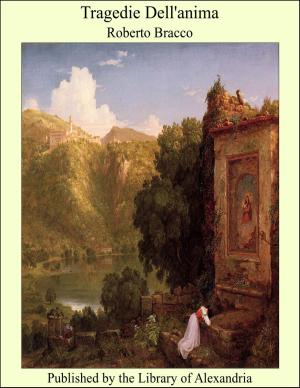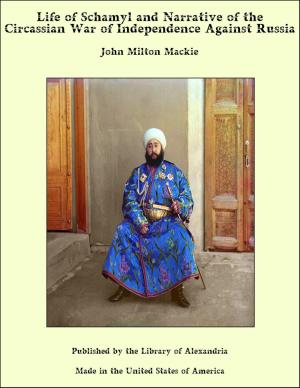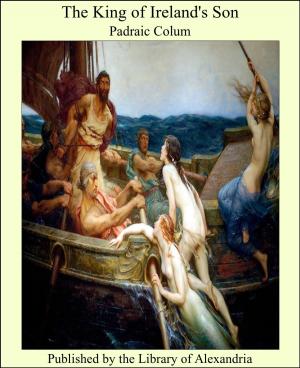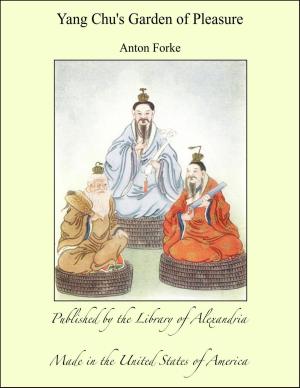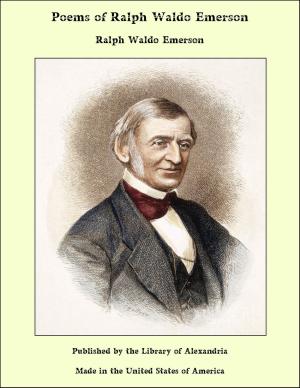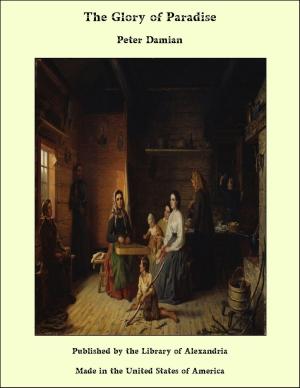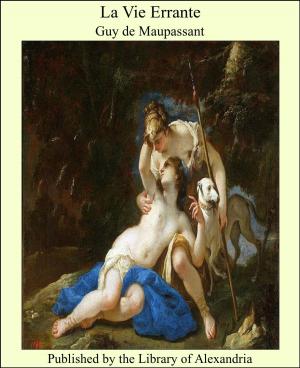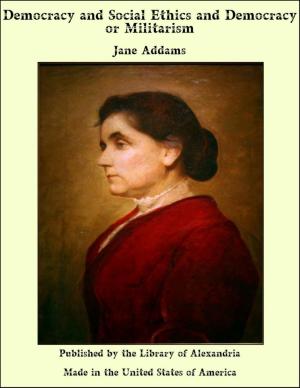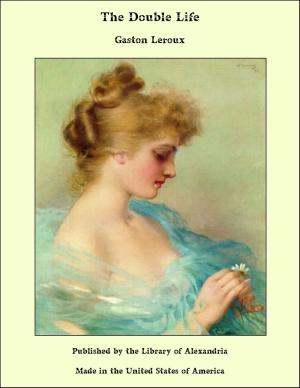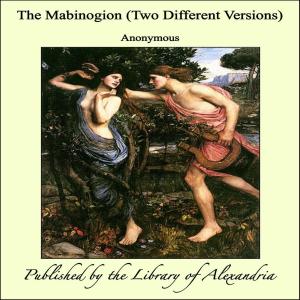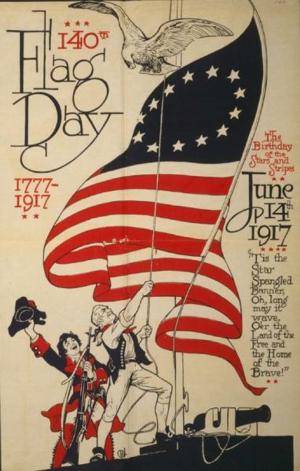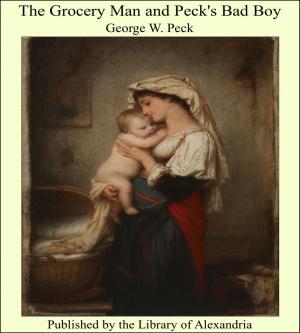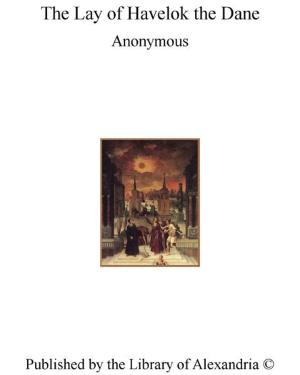Songs of the Russian People
Nonfiction, Religion & Spirituality, New Age, History, Fiction & Literature| Author: | W. R. S. Ralston | ISBN: | 9781465579508 |
| Publisher: | Library of Alexandria | Publication: | March 8, 2015 |
| Imprint: | Language: | English |
| Author: | W. R. S. Ralston |
| ISBN: | 9781465579508 |
| Publisher: | Library of Alexandria |
| Publication: | March 8, 2015 |
| Imprint: | |
| Language: | English |
WHEN the present volume was originally planned it was intended to contain an account of Russian folklore in general--of the stories, legends, riddles, proverbs, and epic as well as lyric poems, which oral tradition has preserved among the Russian peasantry. But I soon found that the subject was one which, if treated at all in detail, would require more time and space than I had expected. So I thought it best to restrict myself for the present to a part of it only, leaving the rest to be described afterwards. In this first instalment of the work, therefore, I have dealt chiefly, though not exclusively, with the lyric poetry of the peasantry; the next will be mainly devoted to their Popular Tales and their Metrical Romances. In order to render intelligible the songs I have quoted, it has been necessary to give some slight account of the religious ideas attributed to the ancient Slavonians and the superstitions current among their descendants, as well as of some of the manners and customs of the Russian peasantry, especially with regard to marriages and funerals. But my book can make no pretence to any thing like a satisfactory grappling with the difficult problems--mythological, ethnological, philological, historical--suggested by the study of Slavonic antiquities. Perhaps the best excuse I can offer for my shortcomings with respect to those questions is this. A great part of the ground over which I have hastily skimmed has been explored by a scholar who is far better qualified for the task than I am. And so to Mr. Morfill's forthcoming work on "The Slaves" I refer, at all events for a time, all who wish for fuller information on the subject.
WHEN the present volume was originally planned it was intended to contain an account of Russian folklore in general--of the stories, legends, riddles, proverbs, and epic as well as lyric poems, which oral tradition has preserved among the Russian peasantry. But I soon found that the subject was one which, if treated at all in detail, would require more time and space than I had expected. So I thought it best to restrict myself for the present to a part of it only, leaving the rest to be described afterwards. In this first instalment of the work, therefore, I have dealt chiefly, though not exclusively, with the lyric poetry of the peasantry; the next will be mainly devoted to their Popular Tales and their Metrical Romances. In order to render intelligible the songs I have quoted, it has been necessary to give some slight account of the religious ideas attributed to the ancient Slavonians and the superstitions current among their descendants, as well as of some of the manners and customs of the Russian peasantry, especially with regard to marriages and funerals. But my book can make no pretence to any thing like a satisfactory grappling with the difficult problems--mythological, ethnological, philological, historical--suggested by the study of Slavonic antiquities. Perhaps the best excuse I can offer for my shortcomings with respect to those questions is this. A great part of the ground over which I have hastily skimmed has been explored by a scholar who is far better qualified for the task than I am. And so to Mr. Morfill's forthcoming work on "The Slaves" I refer, at all events for a time, all who wish for fuller information on the subject.
